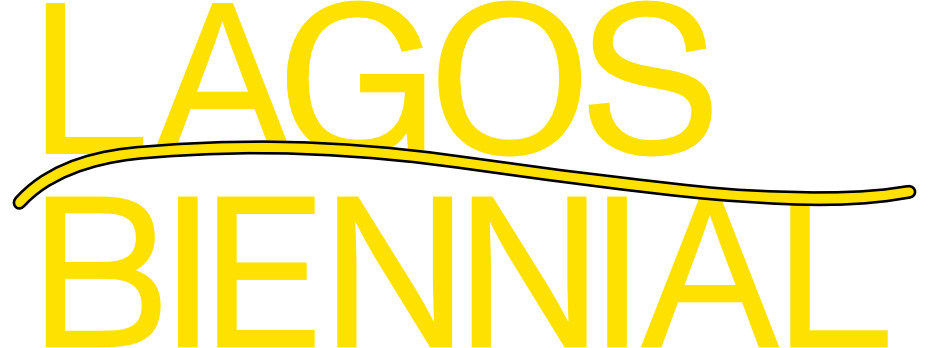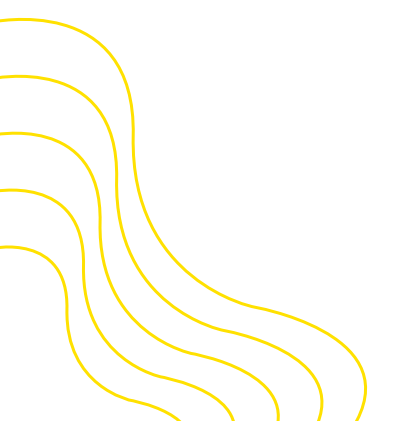A CAPTCHA is a test and a filter. These online semiotic gatekeepers employ endless rearrangements of pictures to judge shape-recognition abilities in environments mined from stock imagery. Those who successfully prove their humanity may enter: the acronym stands for Completely Automated Public Turing Test to Tell Computers and Humans Apart. Reflecting on Lagos Biennial 2024’s notion of REFUGE in relation to technology and virtuality, CAPTCHA is the focus of one of the biennial’s two Shadow Pavilions, materialised as virtual shadows of Tafawa Balewa Square’s two concrete towers, as well as being inserted into other spaces around the square. It features works by international artists across different mediums, including videos, a print series embedded with an animated augmented reality story, a site-specific text installation, posters and other printed works. Each reflects critically on fluid boundaries between human and non-human consciousness and on how ideology and authority are embedded into technological forms.
In recent years, the evolution of image recognition and machine learning algorithms has increasingly blurred lines between human and artificial intelligence, as well as generating digital loopholes. This section of the biennial explores strategies of concealment or ‘hiding in plain sight’, including the largely invisible presence of massive digital infrastructure, but also tactics of encoding and camouflaging counter strategies and fugitive presences. How do we analyse the implicit ideological narratives of video games (Sam Keogh), disrupt biometric identification as a medium of control (Giulia Piscitelli), deconstruct Bitcoin technology and the history of virtual finance (Valentina Vetturi) or make visible mechanisms of surveillance in public and private realms (Navine G. Dossos)? How may we imagine near future scenarios of water scarcity and drastic demographic change by inserting speculative AR narratives into shared spaces (Tricky Walsh)? CAPTCHA weaves together these investigations of structural mechanisms relating to race, class, gender and sexuality, national and transnational virtual spaces, surveillance, abstraction, financialization, gaming, eco-fascism, and survivalism. Such tests designed to filter for those that may be considered human and pass through the gate, physical or virtual, into the space of rights and access, are emblematic of the barriers to imagining shared and hybrid spaces of refuge.
Curated by Lagos Biennial Co-Artistic Director Kathryn Weir and Egyptian curator and educator Sarah Rifky
Monday 5 February 2024
| 2pm | Round table/Worldmade communities Technological refuge: strategies of hiding in plain sight Ezekiel Dixon-Román in discussion with Rabeeha Adnan, Nolan Oswald Dennis (TRACES OF ECSTASY), Anna Ehrenstein (THE ALBANIAN CONFERENCE), Sephora Woldu (ALIENS IN ERITREA). |
Participants
Rabeeha Adnan
Fyerool Darma
Ezekiel Dixon-Román
Navine G. Dossos
Sam Keogh
François Knoetze
Giulia Piscitelli
Valentina Vetturi
Tricky Walsh









